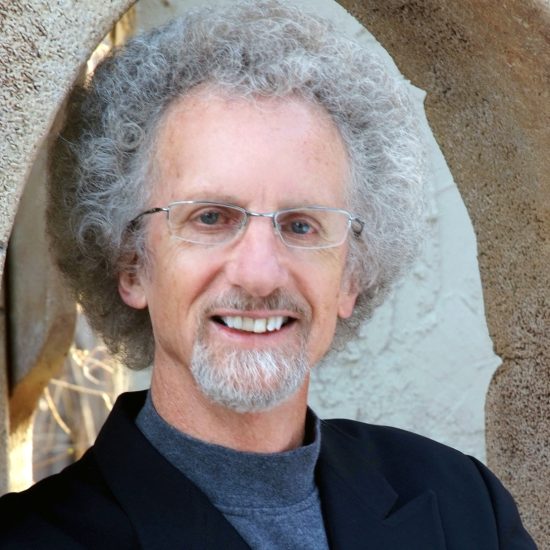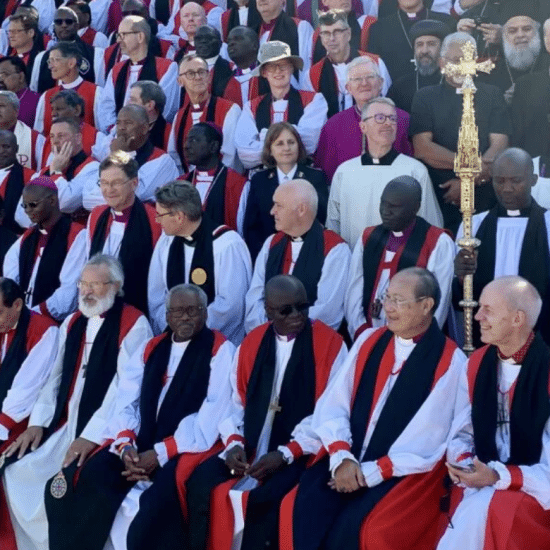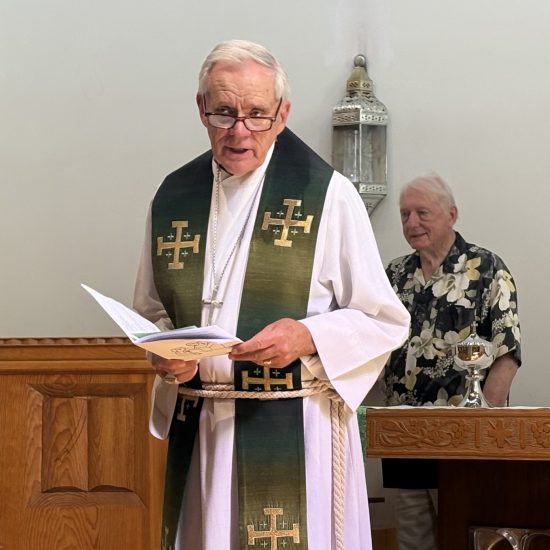MINNEAPOLIS (ABP) – A group of evangelical scholars has released a statement labeling an increasingly popular teaching about gender roles a revival of an ancient heresy concerning the nature of God.
Released Nov. 7, “An Evangelical Statement on the Trinity” says a generation of conservative Christian scholars is promoting “subordinationism,” the notion that God the Father is in charge of the Trinity, while Jesus Christ and the Holy Spirit have subordinate roles.
Scholars at the Council for Biblical Manhood and Womanhood often apply Christ’s “eternal submission” to family relationships. Just as the Son is coequal with yet subordinate to the Father, they say, woman is created equal to man but has a subordinate role in the home and church.
While that may not seem important to the average layperson, a collection of scholars on both sides of the gender debate deemed it important enough to issue a corrective.
“The doctrine of the Trinity is the foundational doctrine of the Christian faith,” Kevin Giles, author of Jesus and the Father: Modern Evangelicals Reinvent the Doctrine of the Trinity, said in a news release. “No other doctrine is more important. It is 'our' distinctive doctrine of God. If we get this doctrine wrong, we are bound to get other doctrines built on it wrong.”
Drafted by William David Spencer, an adjunct theology professor at Gordon-Conwell Theological Seminary with input from a team of experts, including one-time Baylor professor Millard Erickson and Mimi Haddad of Christians for Biblical Equality, the statement voiced concern “that an ancient mistake was creeping back into conservative Christianity.”
Noting the Bible describes Jesus as “begotten” of the Father, a 4th century cleric named Arius posited there must have been a time when the Son of God did not exist. Jesus, therefore, was not “one” with the Father, but rather subordinate and less than fully divine.
The controversy became so intense that in 325 the Emperor Constantine assembled bishops in present-day Turkey for the First Council of Nicea. It was the first of seven ecumenical councils that over time developed the historic creeds of the Catholic Church. The Nicene Creed described Jesus Christ as “Very God of Very God, begotten, not made, being of one substance with the Father, by whom all things were made.”
The new evangelical statement on the Trinity says if the three persons in the Godhead are not equal in rank, then the Trinity really functions as three gods, ranked first, second and third. “This is more similar to tri-theism than to a Trinity,” the scholars said.
They said the idea that the Godhead is layered in greater and lesser parts has led thinkers over the centuries to conclude that humans are fragmented in the same way, justifying second-class status related to gender or race.
“The Bible never suggests that any one Person of the Trinity has eternal superiority or authority over the others, or that one is in eternal subordination to another,” the scholars said. “The Son’s submission and obedience to the Father were voluntary and related specifically to the time during which he humbled himself, took on human nature, and dwelled among us as a servant.”
The scholars said Christians disagree about God’s intention for gender relationships in the church and home, but the topic “should be included under the doctrine of humanity and not of the Trinity, since God is neither male nor female.”
“No direct and specific analogical correspondence exists between one male and one female in relationship or in church service or all females and all males in relationship or in church service and the perfect love relationships within the monotheistic Godhead of the Trinity,” the statement maintained. “Further, the attempt to ignore the Holy Spirit and forge some sort of corresponding relationship to human gender out of the incarnational, metaphorical designations of ‘father’ and ‘son’ is at best logic fault and at worst heterodox.”
Scholars who maintain that distinctions in masculine and feminine roles are ordained by God as part of the created order and not a result of the Fall say they aren’t the ones tinkering with the Trinity. They say the ones guilty of innovation are feminist theologians, who argue for egalitarian relationships between men and women based on mutual submission among the persons of the Trinity.
-30-
Bob Allen is managing editor of Associated Baptist Press.
Previous related story:






